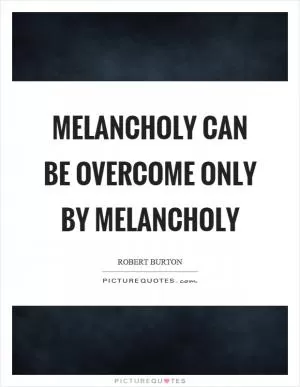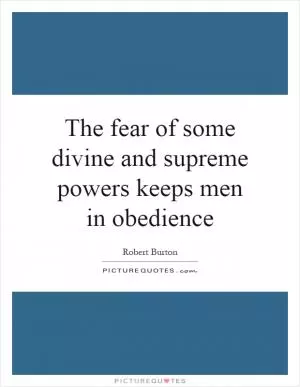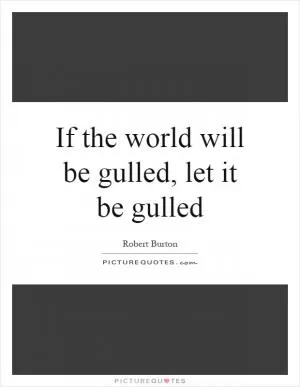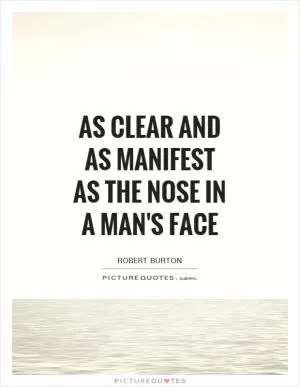Women wear the breeches

Women wear the breeches
In the context of Robert Burton's work, "The Anatomy of Melancholy," the phrase "women wear the breeches" takes on a deeper meaning that reflects the shifting power dynamics between men and women during the early modern period. Burton's exploration of melancholy and the human condition delves into the complexities of gender roles and societal expectations, providing insight into the ways in which women were perceived and treated in his time.During the 17th century, women were often seen as subordinate to men, expected to be obedient and submissive in their roles as wives and mothers. However, Burton's writings suggest that women were not always content to conform to these expectations and could assert their authority in various ways. The phrase "women wear the breeches" implies a reversal of traditional gender roles, with women taking on a more dominant and assertive position within the household.
This idea of women wearing the breeches can be seen as a form of resistance against the patriarchal structures that sought to limit women's autonomy and agency. By challenging these norms and asserting their own authority, women were able to carve out spaces of power and influence for themselves, even in a society that sought to keep them in a subordinate position.
Burton's exploration of melancholy also sheds light on the emotional toll that these societal expectations could take on women. The pressures of conforming to rigid gender roles and the limitations placed on their freedom could contribute to feelings of sadness and despair. By acknowledging the struggles faced by women in his time, Burton highlights the importance of recognizing and addressing the ways in which gender norms can impact mental health and well-being.
Overall, the phrase "women wear the breeches" in the context of Robert Burton's work serves as a reminder of the complexities of gender dynamics and the ways in which women have historically navigated and challenged societal expectations. It invites us to consider the ways in which power and authority are negotiated within relationships and the impact that these dynamics can have on individual well-being.












 Friendship Quotes
Friendship Quotes Love Quotes
Love Quotes Life Quotes
Life Quotes Funny Quotes
Funny Quotes Motivational Quotes
Motivational Quotes Inspirational Quotes
Inspirational Quotes